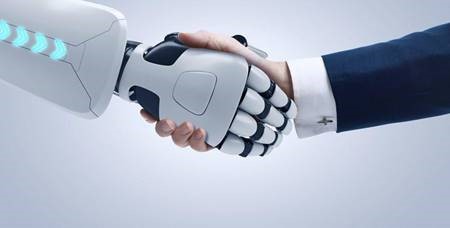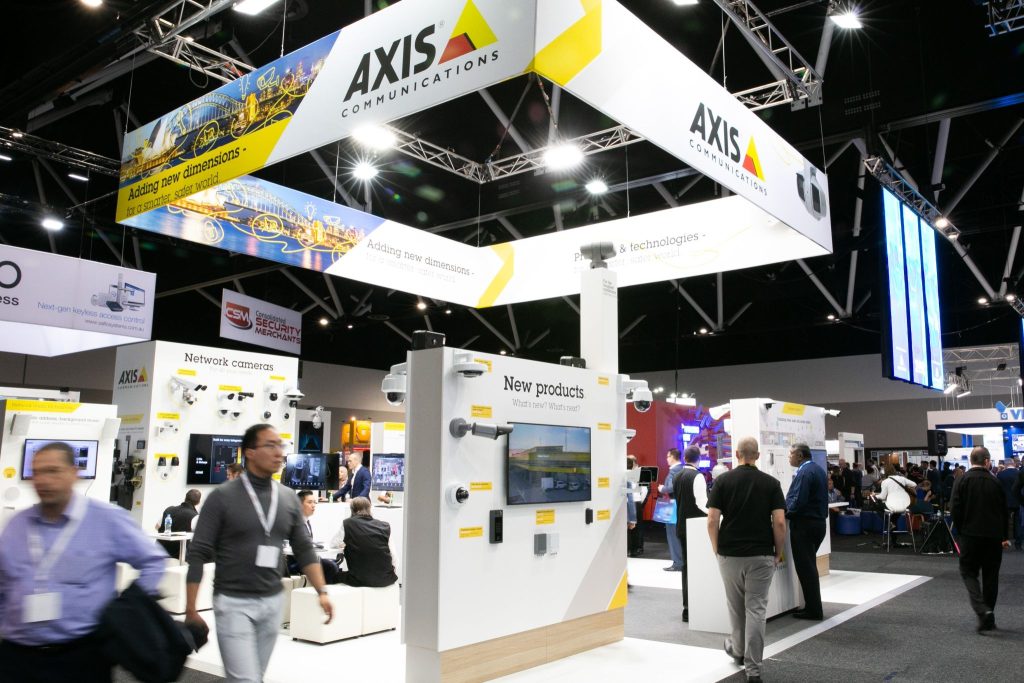10 VALUABLE SKILLS TO FUTURE PROOF YOUR CAREER

We are well and truly in the midst of a transformative era driven by the Fourth Industrial Revolution.
Now is the time to start preparing for the future of work and the skills that will be in demand, resulting from fast paced technological innovations impacting most job roles and work places.
Over the next 5 years, more than 30% of the skills we currently recognise as essential in today’s workforce will have changed, according to the World Economic Forum’s Future of Jobs Report. Most of us are already accustomed to working with artificial intelligences and bots.
Here are the 10 most valuable skills in demand in our future workforce.
1. The Importance of EQ – Emotional Intelligence
Artificial Intelligence, or a machine, isn’t able to replicate a human’s ability to connect with another human being, so the value of high EQ will become increasingly sought after in the workplace.
The ability to exhibit high emotional intelligence includes having empathy, integrity and working collaboratively within diverse work teams and environments. One of the unique qualities of being human includes our sense of awareness, control and expressing emotions as well as being cognizant of the emotions of others, so EQ will become more critical in our technology driven world.
2. Creative Thinking
The future of work will require creative thinking. The ability to conceptualise and realise the benefits of all the new things for the future including new ways of working, innovative technologies and new products, all require us to be creative thinkers to move beyond the ‘comfort zone’ and develop brave, new innovative pathways.
3. Problem Solving and Analytical Thinking
People with analytical thinking skills are able to introduce and implement solutions and ideas, solve complex issues using reasoning and logic and evaluate situations. The ability to analyse information from various resources, assess the pros and cons of a situation and determine the best possible solution, based on logical reasoning rather than emotional sets humans apart from machines.
4 Resilience and ‘Can Do’ Attitude
The future workforce will need people who are agile, flexible and ready to embrace change with a resilient approach. The ability to be adaptable and ready to take on new skills, shifting workplaces, new challenges and complex situations will be critical in the future workplace. Having a flexible brain and ‘can do’ attitude to view change as an opportunity to grow and innovate will be a valuable quality in all industry sectors and job roles.
5 Learning and Growth Mindset
The future of work will need people dedicated to continued learning and development with a growth mindset. People who are passionate about building their skills and intelligence to gain higher achievement will also be motivated to take on new challenges, learn from mistakes and continually seek out knowledge. The need to be open to acquiring new skills has never been greater. The half-life of a skill has dropped from 30 years to an average of 6 years.
6. Decision Making
Tomorrow’s workplace will require confident decision-making skills within a more complex work environment. Technology is removing the more menial and repetitive tasks, leaving people to focus on the more higher-level decision making with the ability to recognise the broader implications on areas of the business, personnel and the more human factors including morale.
7. Communication Skills
Tomorrow’s workforce will require people with strong communication skills, able to effectively communicate at all levels, within culturally diverse work environments, respectfully and with mindfulness to deliver their messages successfully.
8 Leadership
Leaders who are inspiring and help others become more knowledgeable, successful in their roles and the best version of themselves will be in demand in the future workforce. The role of a leader will become more prevalent and sought after in news areas of a business, including project teams to take on challenge, resolve issues and develop solutions.
9 Cultural Intelligence and Diversity
Our world and workplace is becoming more diverse, so it will be important to have the skills to understand, respect and work with a culturally diverse workforce regardless of differences in race, culture, language, age, gender, sexual orientation, political or religious beliefs. The ability to adapt and understand others will improve how people interact within an organisation and will achieve a greater level of inclusivity and success.
10 Technology Skills
The future workforce will require people to embrace and feel comfortable with technology. As the 4th industrial revolution drives new innovations such as artificial intelligence, big data, virtual reality and more, it will be critical for people to maintain a thirst for learning and the need to understand the potential impact of new technological advancement in their industry, business and job.



